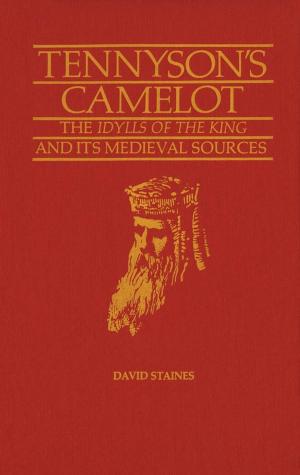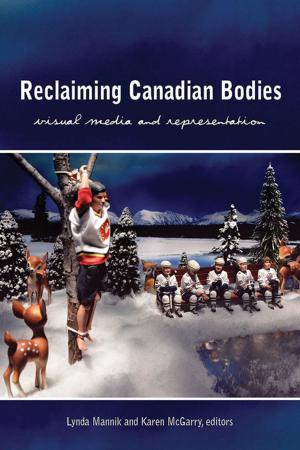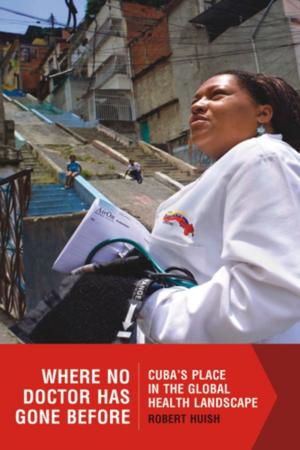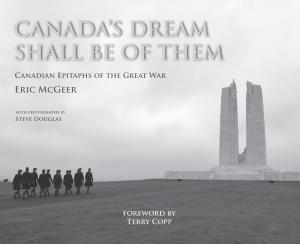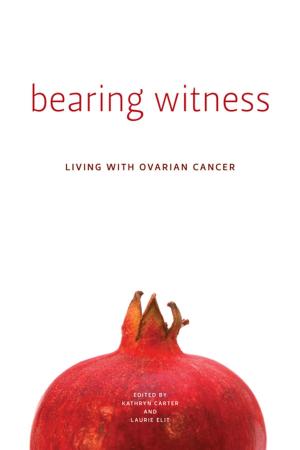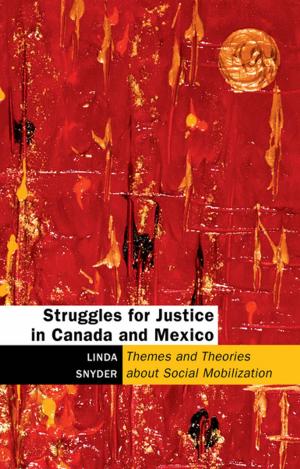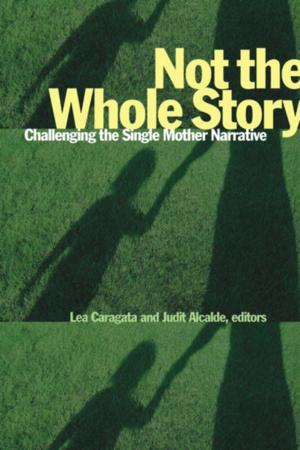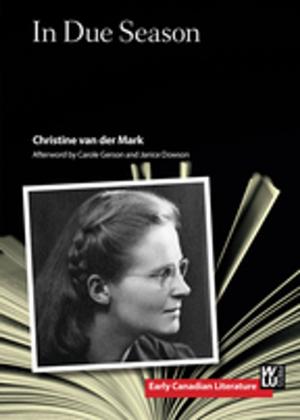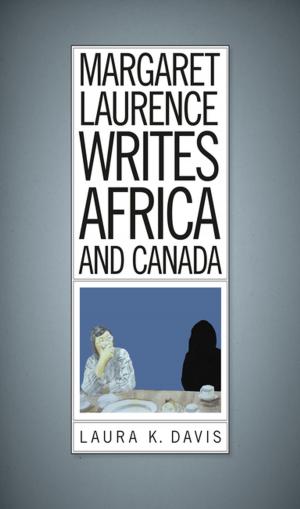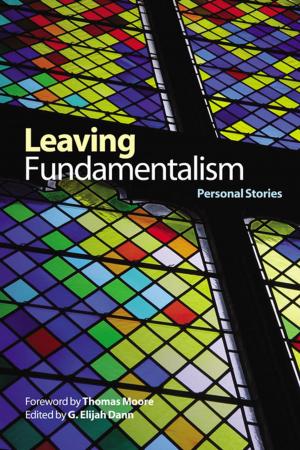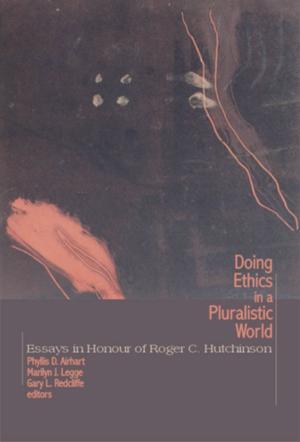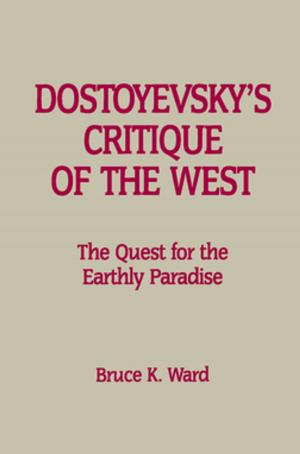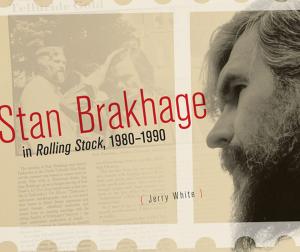Sustaining the West
Cultural Responses to Canadian Environments
Fiction & Literature, Literary Theory & Criticism, Canadian, Nonfiction, Science & Nature, Nature| Author: | ISBN: | 9781554589258 | |
| Publisher: | Wilfrid Laurier University Press | Publication: | March 31, 2015 |
| Imprint: | Wilfrid Laurier University Press | Language: | English |
| Author: | |
| ISBN: | 9781554589258 |
| Publisher: | Wilfrid Laurier University Press |
| Publication: | March 31, 2015 |
| Imprint: | Wilfrid Laurier University Press |
| Language: | English |
9
Deception in High Places: The Making and Unmaking of Mounts Brown and Hooker
Zac Robinson and Stephen Slemon
Few conceptual controversies in Canadian Rockies' history have proven more persistent than that occasioned by the young Scottish botanist David Douglas (1799-1834), who, in 1827, incorrectly ascribed tremendous elevations to two peaks guarding the highest point of the transcontinental furtrade route, Athabasca Pass: “Mount Brown” and “Mount Hooker” in honour of his benefactors at the Royal Horticultural Society. This paper provides a combined documents- and fieldwork-based assessment of the Hooker/Brown controversy and foregrounds the recognitions of class exclusion and the elision of Aboriginal agency and communal knowledge from the archival/imperial enterprise by bringing geography, literature, and history into direct conversation with one another.
9
Deception in High Places: The Making and Unmaking of Mounts Brown and Hooker
Zac Robinson and Stephen Slemon
Few conceptual controversies in Canadian Rockies' history have proven more persistent than that occasioned by the young Scottish botanist David Douglas (1799-1834), who, in 1827, incorrectly ascribed tremendous elevations to two peaks guarding the highest point of the transcontinental furtrade route, Athabasca Pass: “Mount Brown” and “Mount Hooker” in honour of his benefactors at the Royal Horticultural Society. This paper provides a combined documents- and fieldwork-based assessment of the Hooker/Brown controversy and foregrounds the recognitions of class exclusion and the elision of Aboriginal agency and communal knowledge from the archival/imperial enterprise by bringing geography, literature, and history into direct conversation with one another.

